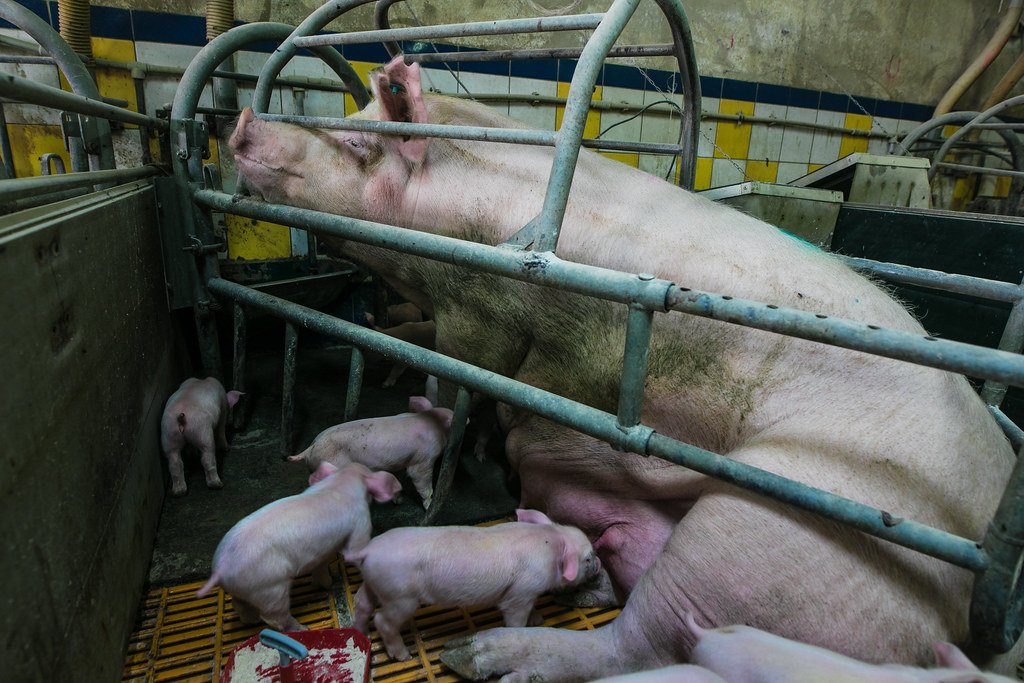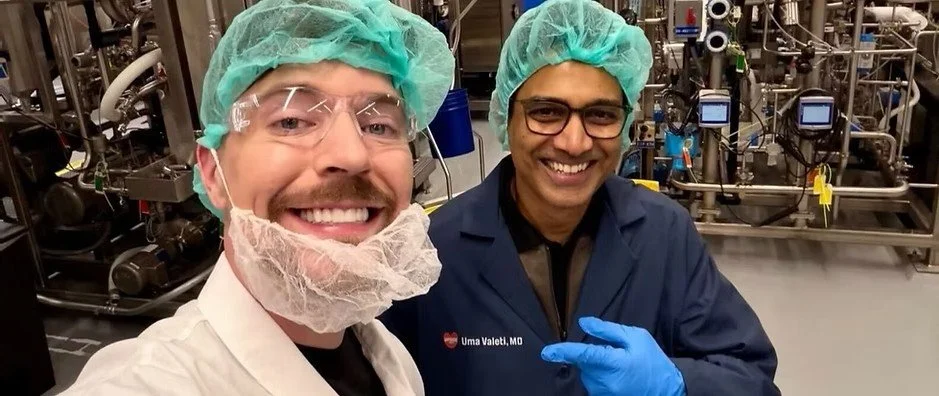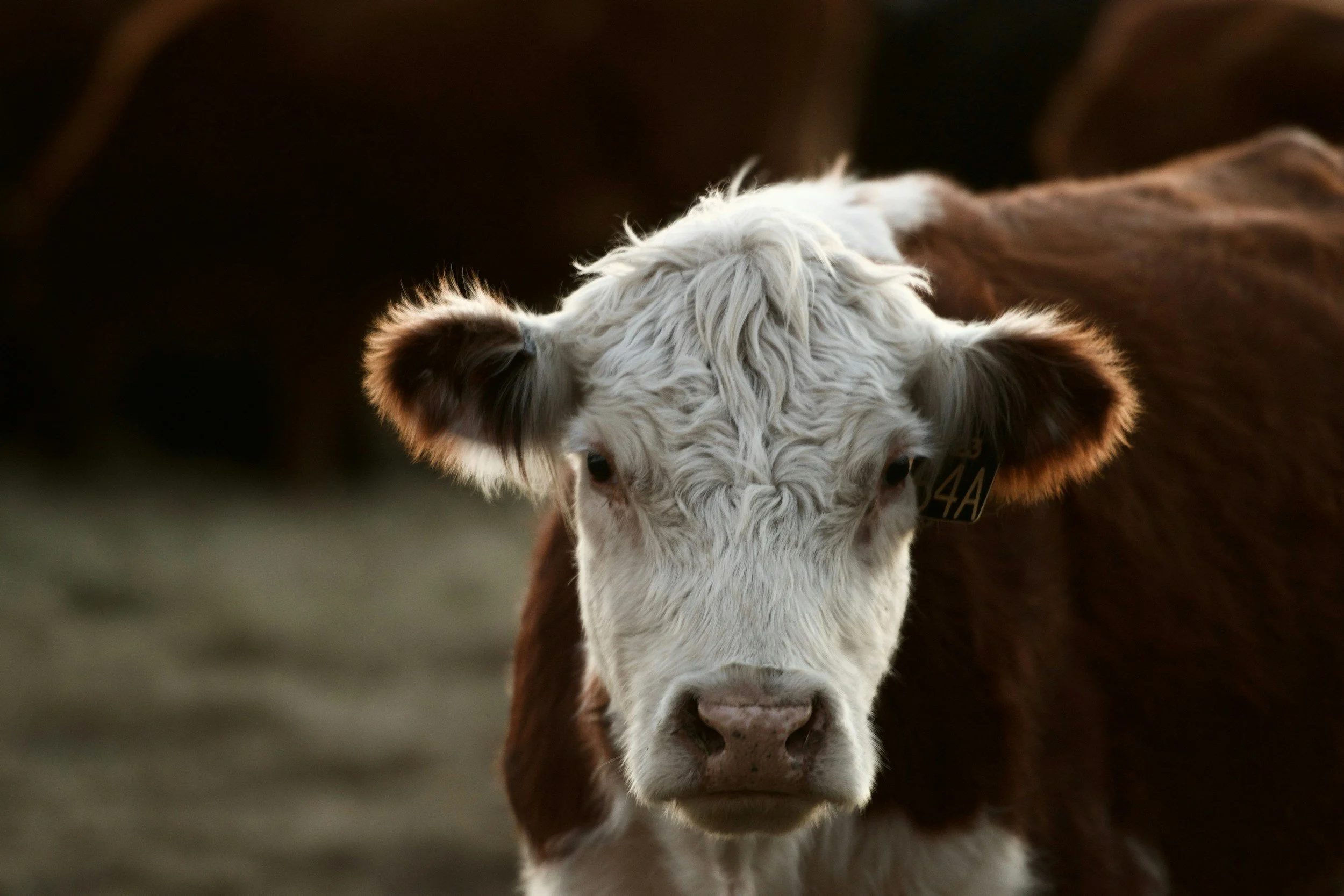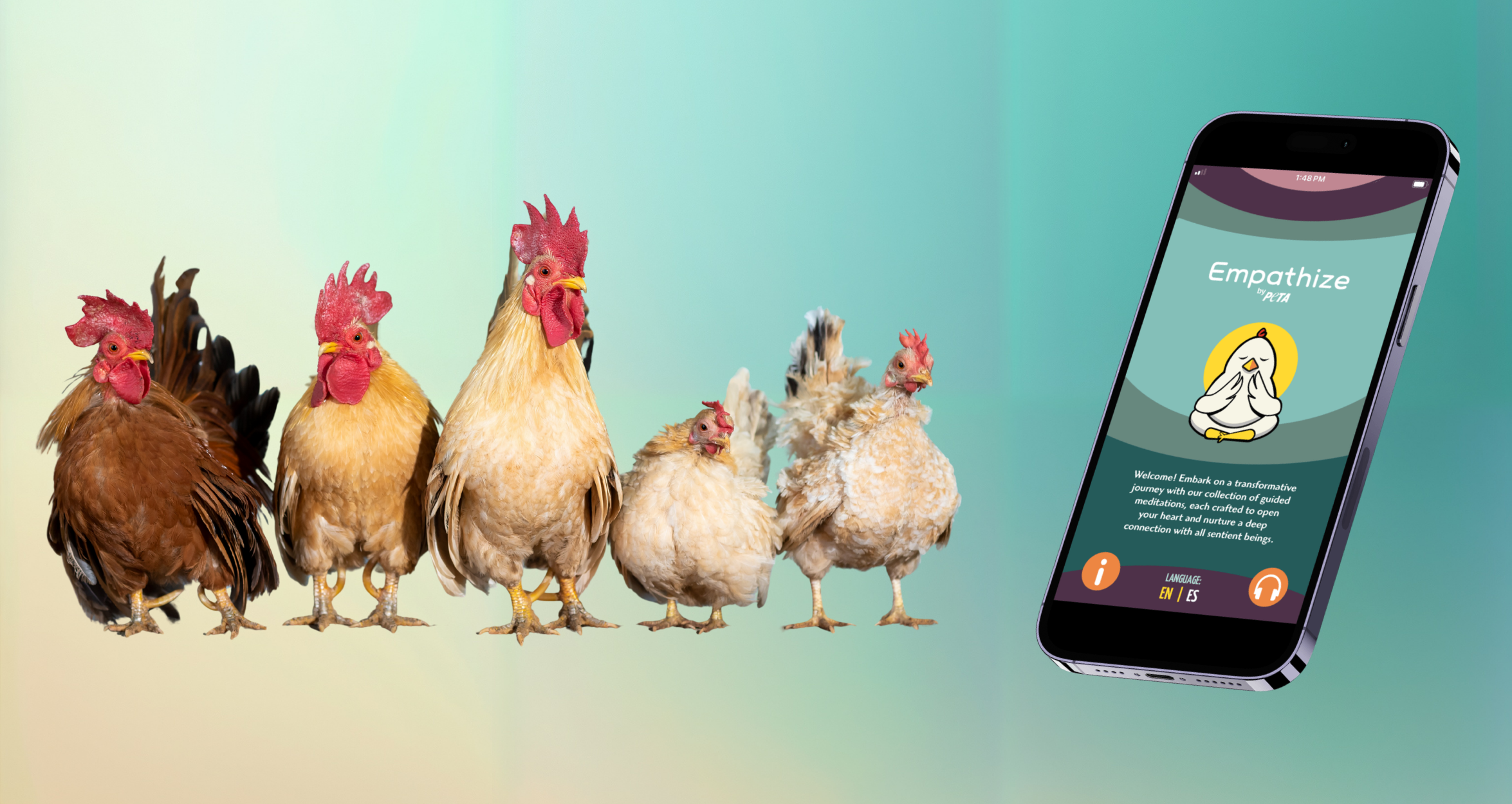Antibiotics Use on Factory Farms is Rising - What Does this Mean for Humanity?
Antimicrobial resistance is one of the top global public health and development threats.
Credit: Andrew Skowron/Otwarte Klatki
In the United States alone, one person dies every 15 minutes from an antibiotic-resistant infection. This is one of the most dangerous threats facing humanity, and it is only projected to get worse in the coming decades.
As germs are repeatedly exposed to antibiotics they become more resistant to the lifesaving drugs that are a fundamental part of modern medicine. One of the leading causes of this resistance is farming animals for food.
In the US, about 70 percent of all medically important antibiotics sold are for animals. The crowded, stressful and unhygienic conditions of factory farms are prime breeding grounds for disease. Most antibiotics are actually used to prevent infections from breaking out rather than to treat active illnesses.
Up until a few years ago, farmers also used antibiotics to promote the growth of animals in the US and could obtain many antibiotics, including those crucial to human medicine, over the counter. But in 2017, the US implemented regulations banning the use of antibiotics to make animals fatter as well as the use of drugs without a prescription.
In 2016 and 2017 - the year the new rules went into effect - the sales of medically important antibiotics dropped by 36 percent. However, the FDA’s latest report reveals a reversal of that progress, with the sale of medically important antibiotics used on farmed animals in the United States soaring by 12 percent between 2017 and 2022. This number is a sharp contrast to the European Union, which saw antibiotic sales drop by 53 percent between 2011 to 2022.
“There doesn’t seem to be an interest in preserving the effectiveness of antibiotics for animals and people by working on methods to decrease the need for antibiotics.”
The data, released by the FDA's Center for Veterinary Medicine, shows that in 2022 alone, 6.2 million kilograms (kg) of medically important antibiotics were sold for farmed animals in the US, an increase of 4 percent from 2021.
"For every year of the FDA's 2018 5-year stewardship plan, sales have gone up, not down [compared with 2017]," David Wallinga, MD, a senior health officer with the Natural Resources Defense Council (NRDC), told CIDRAP News. "By any measure, that's a complete failure."
Photo: Amy Jones/Viva!
In 2022, 43 percent of these antibiotics were used on pigs, 41 percent on cows, 12 percent of turkeys, 2 percent on chickens and 2 percent on other animals.
Between 2017 and 2022, the amount of medically important antibiotics used on pigs rose by 31 percent, from 2 million kg in 2017 to 2.7 million kg, according to the data. Meanwhile, the use of antibiotics in cows saw an rise of 10 percent from 2.3 million kg to 2.6 million kg. For chickens, the number fell.
"It's disappointing that [antibiotic] use is gradually creeping up again in all animals except chicken," said Gail Hansen, DVM, MPH, a public health and veterinary consultant told CIDRAP News. "There doesn’t seem to be an interest in preserving the effectiveness of antibiotics for animals and people by working on methods to decrease the need for antibiotics."
Experts say this latest report shows that the use of medically important antibiotics in farmed animals is still widespread standard procedure within the industry.
Some consumers rely on grocery store labels to purchase products where the animals have been raised without antibiotics. However, even these claims cannot be fully trusted, with the USDA’s current process for evaluating these labels are lax. In 2022, a study found that found 15 percent of beef samples labeled “raised without antibiotics” came from a feedlot where an animal had tested positive for antibiotics.
Photo: Andrew Skowron/We Animals Media
What Can You Do?
Our current food system and its reliance on animal farming is causing widespread harm to the environment, humanity’s health, and the animals the themselves. The most powerful thing you can do as an individual is to eat a plant-based diet. In fact, eating plant-based can save around 30 animals a month - that’s 365 animals a year.
To help you get started, Species Unite has released a free Vegan Starter Kit, complete with recipes, advice, and support. Download your free copy here.
We Have A Favor To Ask…
Species Unite amplifies well-researched solutions to some of the most abusive animal industries operating today.
At this crucial moment, with worldwide momentum for change building, it’s vital we share these animal-free solutions with the world - and we need your help.
We’re a nonprofit, and so to keep sharing these solutions, we’re relying on you - with your support, we can continue our essential work in growing a powerful community of animal advocates this year.






